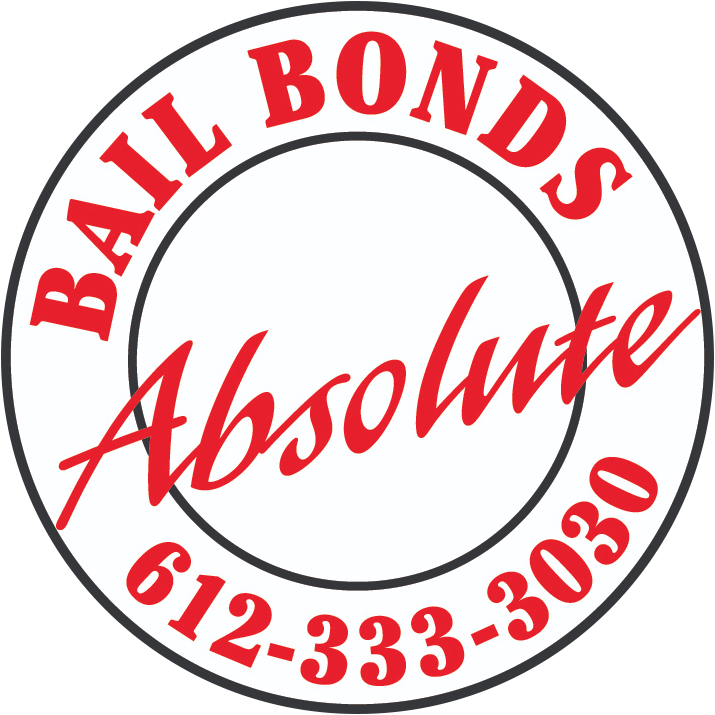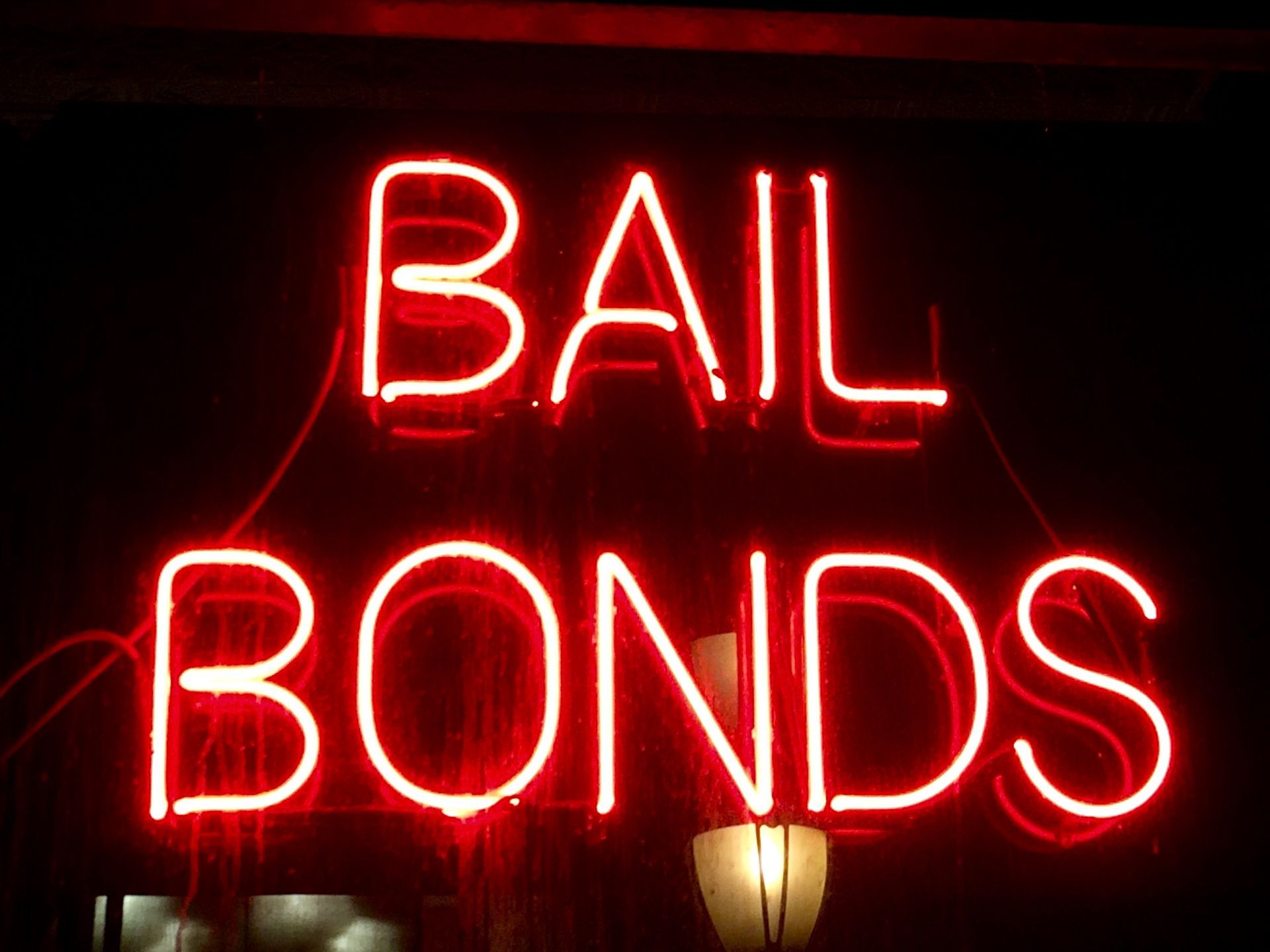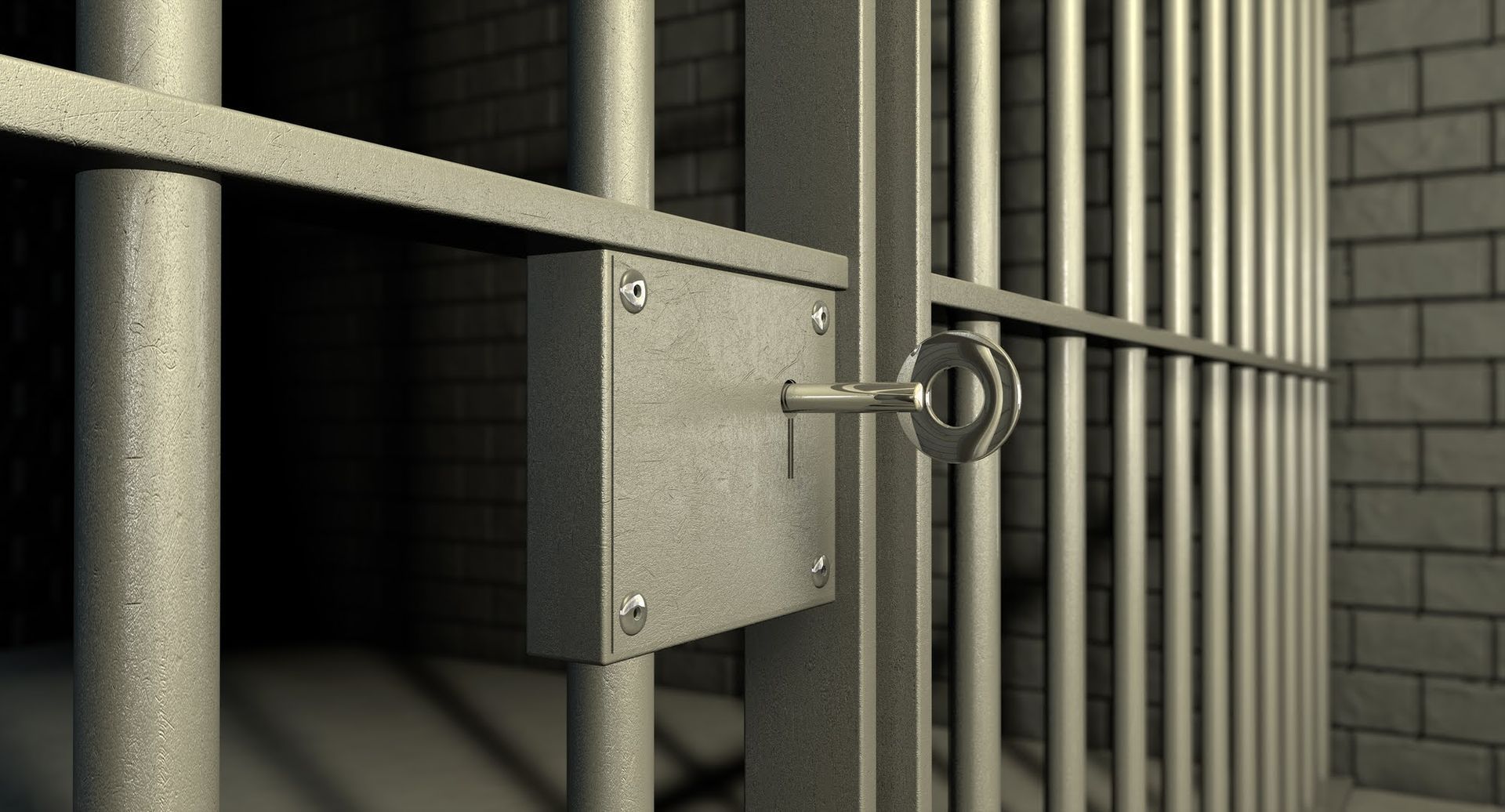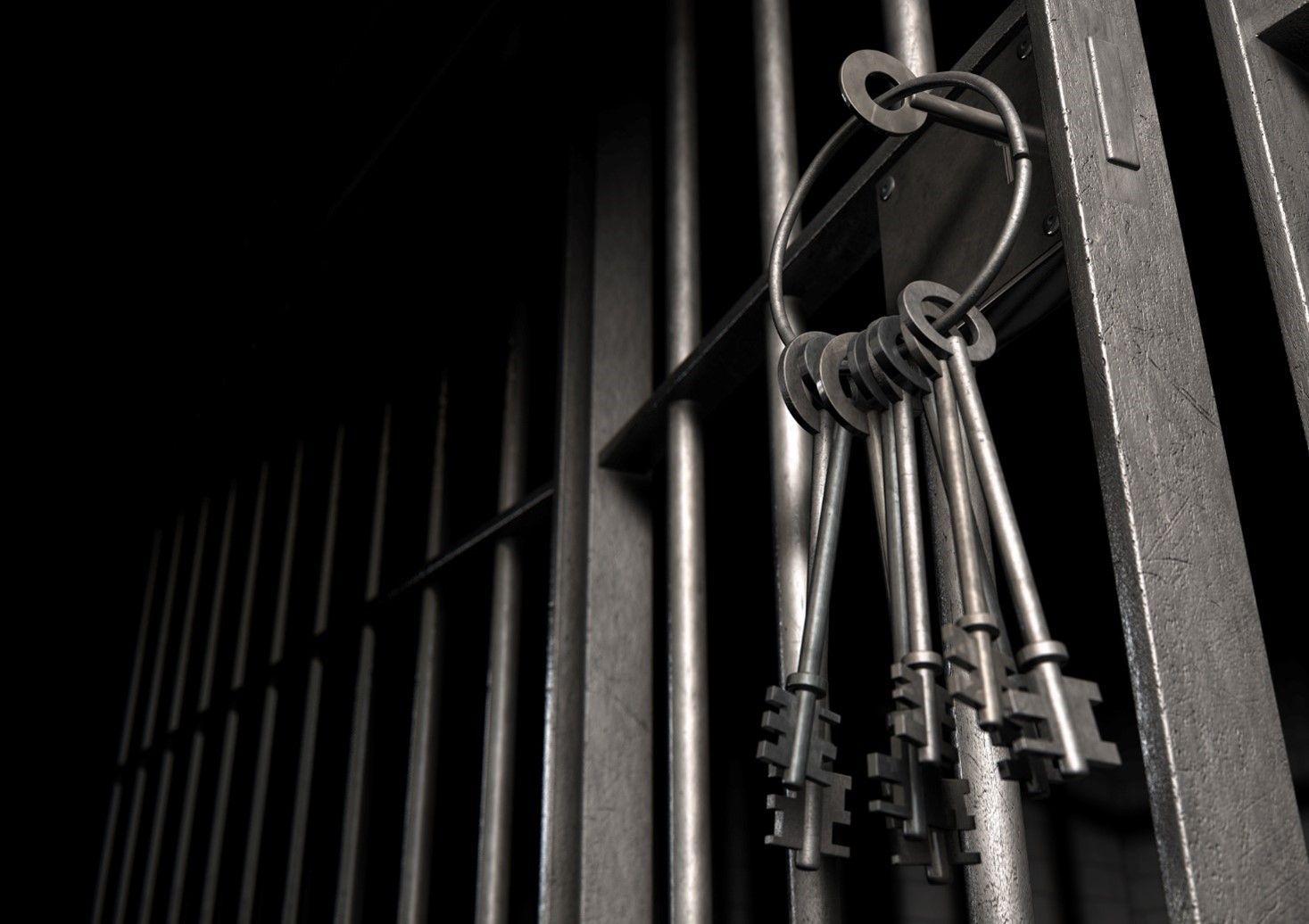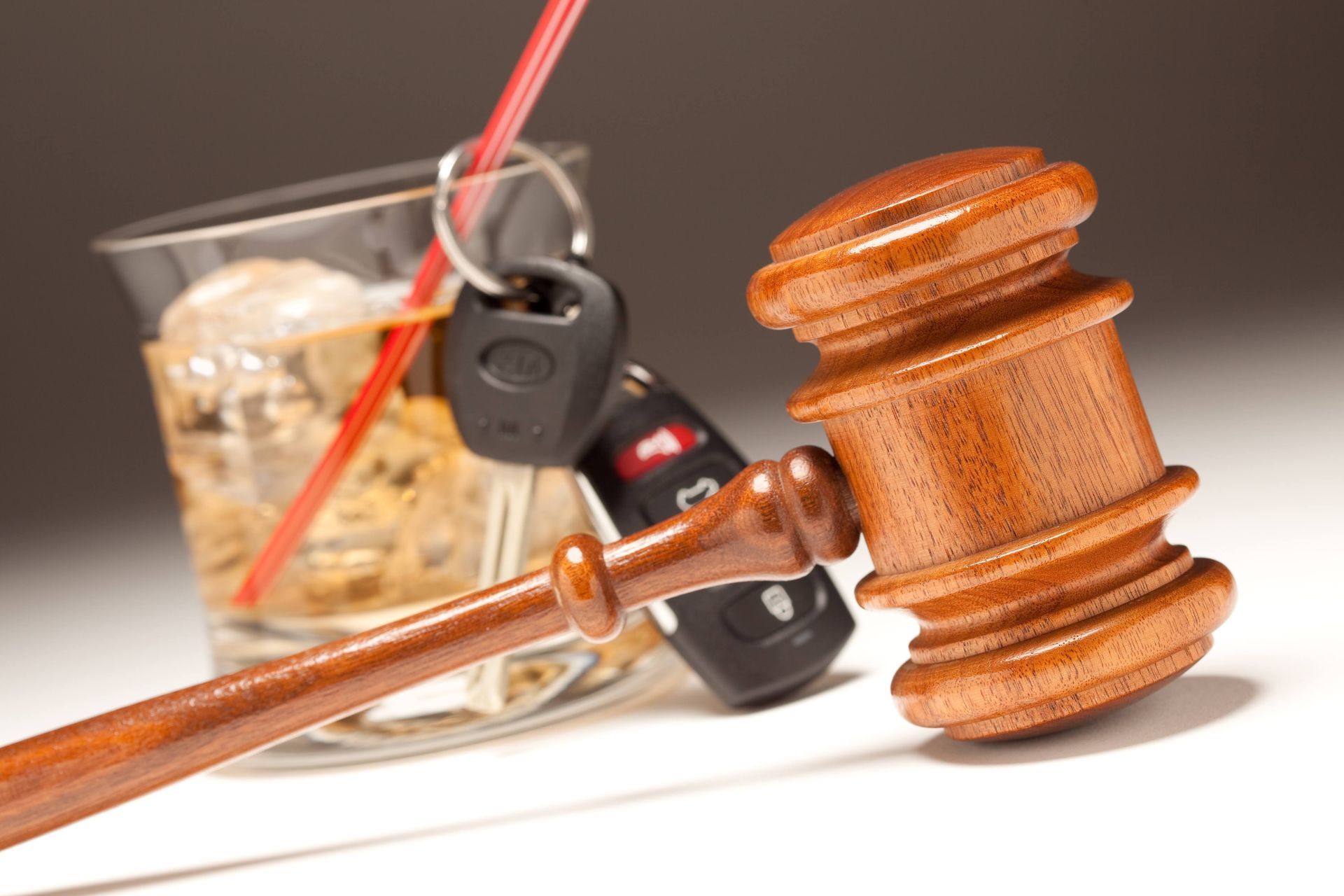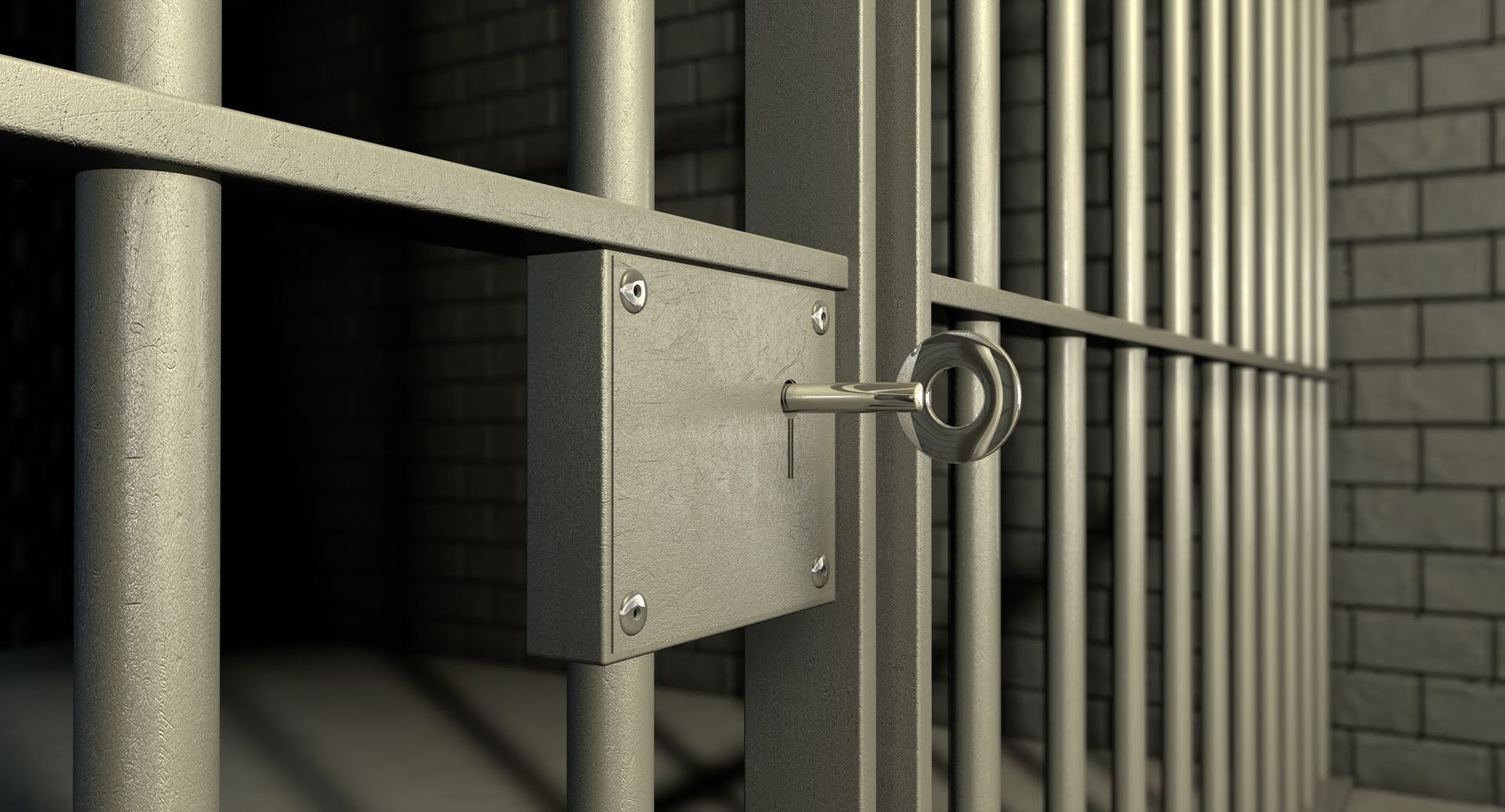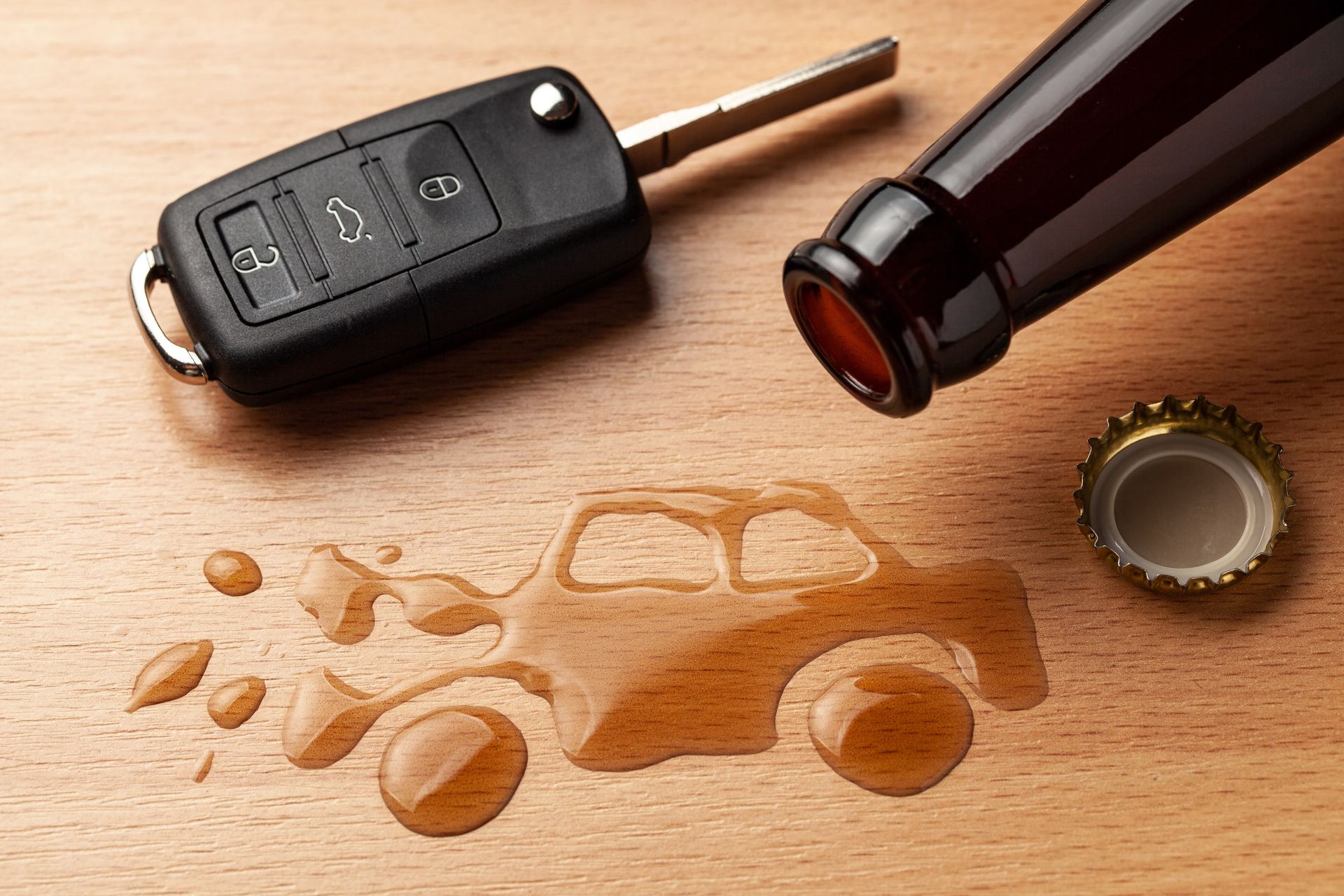Bail Bond Collateral Requirements: A Detailed Guide

After you or a loved one gets arrested, the court will decide whether you can post bail. Bail is a cash amount that you have to pay in order for an accused person to secure a release from jail until their trial date. If your bail is higher than what you can afford, the right solution would be to work with a bail bonds agent.
However, when you work with a bail bonds agent, you'll typically need some type of collateral to secure the bond. Collateral acts as a guarantee that the person will show up for their court appearances and comply with all of the other requirements within the bail agreement.
But the collateral you place in your agreement with a bail bonds agent must meet a few key requirements. Read on to learn more.
Collateral Must Be Valuable
The collateral you use to secure the bail bond must have enough value to cover the full cost of the bond after the bail bonds agent takes out their fee. In other words, the collateral must be of equal or greater value than the amount of bail you want to post.
If the bond is set at $10,000, you'll need to provide collateral worth at least that amount or higher. This requirement ensures the bail bonds agent will get their money back if you fail to show up in court. After all, the agent takes a risk when they post your bail, so they need some reassurance that they'll get their money back.
Items like vehicles, jewelry, and real estate are usually accepted forms of collateral as they hold quite a bit of value. They also don't depreciate in value quickly, so the bail bonds agent can be sure they won't lose money if you fail to appear.
However, some items may not be accepted as collateral, even if they are valuable. As such, you need to discuss all options with your bail bonds agent before you sign any agreement. For example, some agents may not accept stocks or bonds as collateral since their value could decline quickly. This disadvantage could leave the bail bonds agent with less money to cover the bail bond if you fail to appear in court.
Collateral Should Be Easy to Liquidate
When you use collateral as a guarantee for bail, what you place should be something that a bail bonds agent can easily convert into cash in the event of non-compliance. Any asset that they can't easily liquidate is not typically accepted since the agent might take a long time to convert the asset into cash.
For instance, items like artwork or antiques may not be accepted as collateral, even if they are worth a lot of money. These items could take weeks or even months to sell, so the bail bonds agent would have to deal with a long waiting period to get their money back.
An excellent liquid collateral item is a car. Cars are typically easy to sell, so the bail bonds agent can be sure they will recoup their cash if you or your loved one fails to honor the agreement.
Collateral Must Be Real and Transferable
The collateral you use to secure bail must also be something that's real and transferable from one party to another. In other words, the collateral should be something you legally own and have the right to transfer ownership of.
For example, titles to vehicles or land deeds are good options since they are real assets that can easily be transferred from one party to another. And as mentioned earlier, these types of collateral are also easy to liquidate as well, which is why they are so often accepted by bail bonds agents.
On the other hand, copies of documents or certificates may not be acceptable since they aren't real or transferrable. Similarly, things like antiques or collectibles may not be accepted as they can be difficult or impossible to assign a value to and transfer to another party.
Collateral Must Not Already Be Pledged
Finally, the collateral you use to secure bail should not be something you've pledged as security for another bond or loan. A house you own with your spouse might not qualify as "good collateral" since the home could already be subject to an existing mortgage loan. In such a case, the house is not really yours to transfer ownership of and wouldn't make a good option as collateral.
Similarly, things like stocks or bonds may not be accepted if you've already pledged them as security for a loan. In this case, the bail bonds agent can't tell whether or not they will get their money back if you fail to appear in court.
Contact us at Absolute Bail Bonds today if you are uncertain about any of these requirements or have questions about which type of collateral would be best for your bail bond agreement. We will work with you to make sure you understand the entire process and have all the information you need before you decide.
So don't hesitate to reach out for help –– we're here to make the bail bond process as easy and stress-free as possible.
